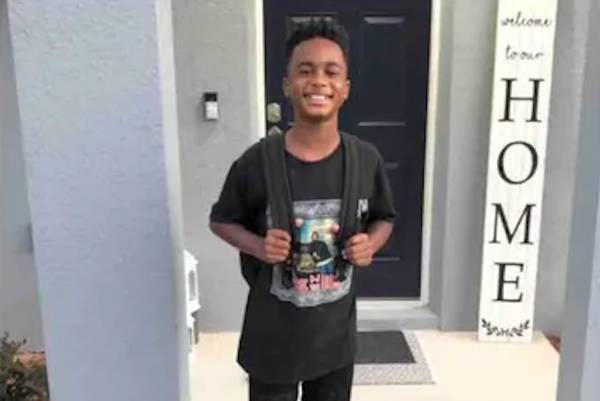
Officials from key government departments embroiled in the robodebt scandal and two private debt collection agencies are expected to be grilled when a royal commission kicks off this week.
The inquiry into the botched Centrelink debt recovery scheme will start its first block of hearings on Monday, investigating the establishment, design and implementation of the unlawful program.
The scheme ran from 2015 until November 2019 when the government accepted the method it had been using for raising welfare debts was unlawful. The saga resulted in a $1.8bn settlement with hundreds of thousands of victims.
The first two weeks of hearings are expected to centre on evidence from current and former officials from the Department of Social Services, which held ultimate responsibility for the policy, and Services Australia (previously Human Services), which administered the scheme.
Former government ministers including Scott Morrison, Alan Tudge and Stuart Robert are understood not to have been called for the initial hearings, though previous comments aired at the inquiry suggest it is likely they will be called at some stage. Those MPs and other former ministers with oversight of the scheme were granted leave to appear at a directions hearing this month, but were not compelled to do so.
A witness list released on Sunday said those scheduled to give evidence in the first week would include, Anne Pulford, principal lawyer at the Department of Social Services, Mark Jones former assistant director in the department’s debt strategy team, and Emma Kate McGuirk, an acting deputy secretary at the department.
Others named included Lisa Keeling, a general counsel at the department, and Cameron Brown, a former director of payment integrity and debt management.
The royal commission was promised by Labor during the election and subsequently called in August to get to the bottom of what the prime minister has labelled a “human tragedy”.
The first two weeks of hearings will examine how the scheme was developed as government policy, the role of people in senior positions and whether advice was sought about the legality of the program.
Also to be explored will be the role of private debt collectors, the commissions they received, and the controversial imposition of a 10% penalty in addition to the calculated debts.
Representatives from two of the private collection agencies contracted to pursue debts on behalf of the government – ARL Collect and Milton Graham – are scheduled to give evidence on Friday.
Monday’s first witnesses include Madeleine Masterton, who was the lead plaintiff in a court action brought by Victoria Legal Aid in 2019.
Guardian Australia revealed at the time that Centrelink dropped Masterton’s debt after she took legal action in the federal court, forcing VLA to find a second plaintiff.
The case culminated in the federal government essentially conceding the robodebt scheme was unlawful in November 2019.
Guardian Australia revealed in 2020 that the government would be forced to pay back hundreds of thousands of people. The then minister, Robert, announced a refunds process a few months later.
The VLA’s executive director of civil justice, access and equity, Rowan McRae, said legal aid was pleased the inquiry would give victims the “opportunity to speak about their experiences of this unlawful scheme”.
“Through our work, we saw daily the significant hardship and distress caused by a system that was inaccurate, unfair and unlawful,” she said.
“We welcome further scrutiny of the failed robodebt scheme and this opportunity for policymakers to learn from past mistakes and ensure the harm done to some of the most marginalised members of our community isn’t repeated.”
Jeremy Hirschhorn, second commissioner at the Australian Taxation Office, will give evidence on Thursday. The ATO participates in a data-matching program with Services Australia that allowed the agency to compare a person’s income reported to the tax office against what they declared to Centrelink.
But flaws in the process meant the calculations were often wrong and the federal government subsequently admitted in federal court that the process was “legally insufficient”.
Previous inquiries and media reporting, including in Guardian Australia, have indicated a link between Centrelink’s debt recovery processes and negative mental health outcomes, including suicide. Some people have said their lives were turned upside down when they were hit with welfare debts in the thousands of dollars without warning.
Counsel for the commonwealth, Dominique Hogan-Doran, told a directions hearing earlier this month the government had agreed to hand over all legal advice it had received on the scheme.
In Australia, the crisis support service Lifeline is 13 11 14. In the UK and Ireland, Samaritans can be contacted on freephone 116 123, or email jo@samaritans.org or jo@samaritans.ie. In the US, the National Suicide Prevention Lifeline is at 800-273-8255 or chat for support. You can also text HOME to 741741 to connect with a crisis text line counselor. Other international helplines can be found at befrienders.org







